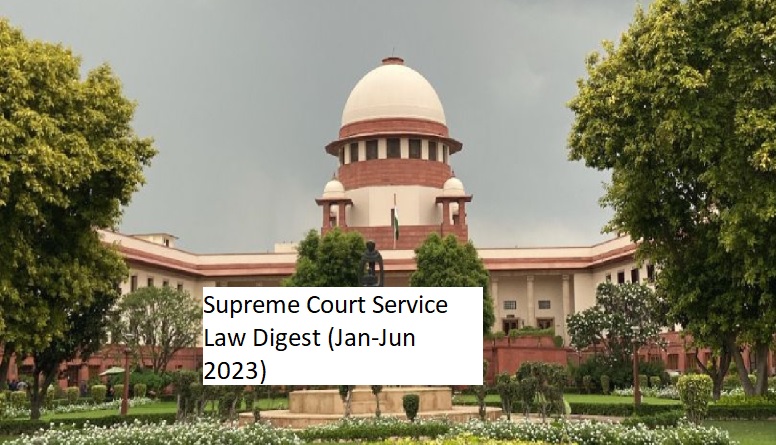


Judicial review plays a pivotal role in upholding justice and ensuring the legality of administrative actions. However, its scope is not unlimited, and there are certain constraints when it comes to re-examining evidence in departmental enquiry proceedings. This intricate balance between reviewing administrative actions and respecting the processes they entail is crucial for maintaining the integrity of both judicial and administrative systems.
Constraints on Judicial Review:
One fundamental constraint is that judicial review cannot be wielded as a tool to re-appreciate evidence in departmental enquiry proceedings. The purpose of judicial review is not to transform the court into a quasi-appellate authority that can revisit and reassess the evidence as if the case were in its initial stages. This limitation is particularly salient when dealing with Constitutional Courts, which must exercise their powers judiciously.
The Constitutional Court's Role:
When a Constitutional Court engages in judicial review, it must resist the temptation to act as though it is presiding over the primary stages of a case. Unlike in an ongoing inquiry where evidence is still being gathered, the role of the Constitutional Court during judicial review is not to replicate the fact-finding process. Instead, it is to scrutinize the legality, procedural fairness, and adherence to constitutional principles in the administrative actions.
Avoiding Parallel Inquiries:
One significant reason why evidence cannot be re-appreciated during judicial review is to prevent the court from creating a parallel inquiry process. The departmental enquiry, conducted by the administrative body, is a specialized procedure designed to gather and assess evidence relevant to the employment matter at hand. Allowing a reviewing court to re-examine evidence would undermine the administrative process, potentially leading to conflicting findings and decisions.
Preservation of Administrative Expertise:
Departmental enquiries often involve technical or specialized subject matters related to the employment or service in question. Administrative bodies are equipped with the expertise to handle these intricacies. Allowing a reviewing court to re-evaluate evidence would risk substituting its judgment for that of the specialized administrative body, potentially overlooking nuances that the original decision-maker is better equipped to understand.
Judicial Review Standards:
While judicial review does not entail a re-appreciation of evidence, it does involve a scrutiny of the decision-making process. The court assesses whether the administrative body adhered to procedural fairness, followed due process, and acted within the bounds of its authority. This ensures that even though evidence is not re-examined, the overall decision-making process withstands constitutional scrutiny.
Finality and Administrative Efficiency:
Another rationale for limiting the re-appreciation of evidence is to uphold the finality of administrative decisions. Allowing continuous re-examination at the judicial review stage could lead to prolonged legal battles and administrative uncertainty. The principle of administrative efficiency demands that there be a point where the decision becomes final, barring exceptional circumstances.
Conclusion:
In conclusion, the constraints on judicial review regarding the re-appreciation of evidence in departmental enquiry proceedings are vital for maintaining a delicate balance between the roles of the judiciary and the administrative bodies. While the court's scrutiny ensures legality and fairness, it should not encroach upon the specialized functions of administrative bodies. This nuanced approach preserves the integrity of both systems and contributes to the overall goal of justice within the framework of the law.
TAGS: Judicial review Departmental enquiry Evidence re-appreciation Constitutional Court Fact-finding process